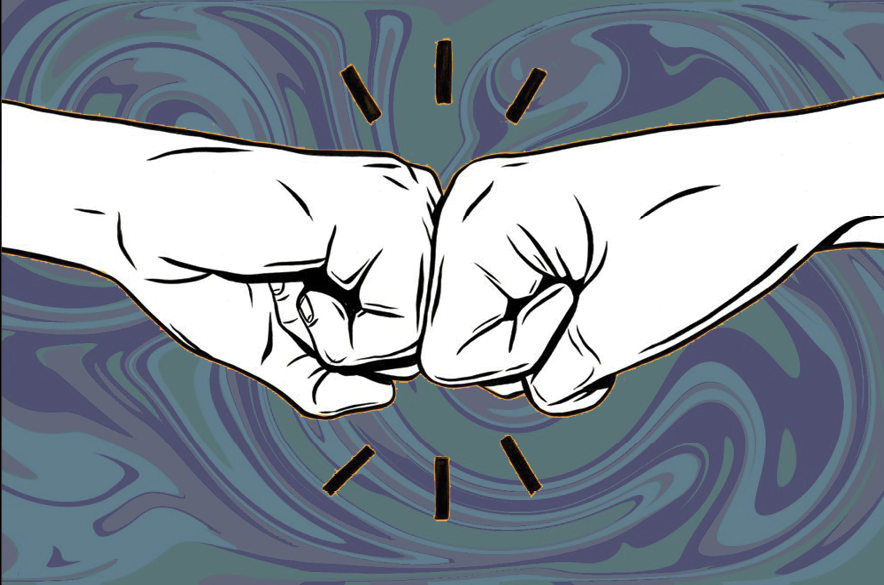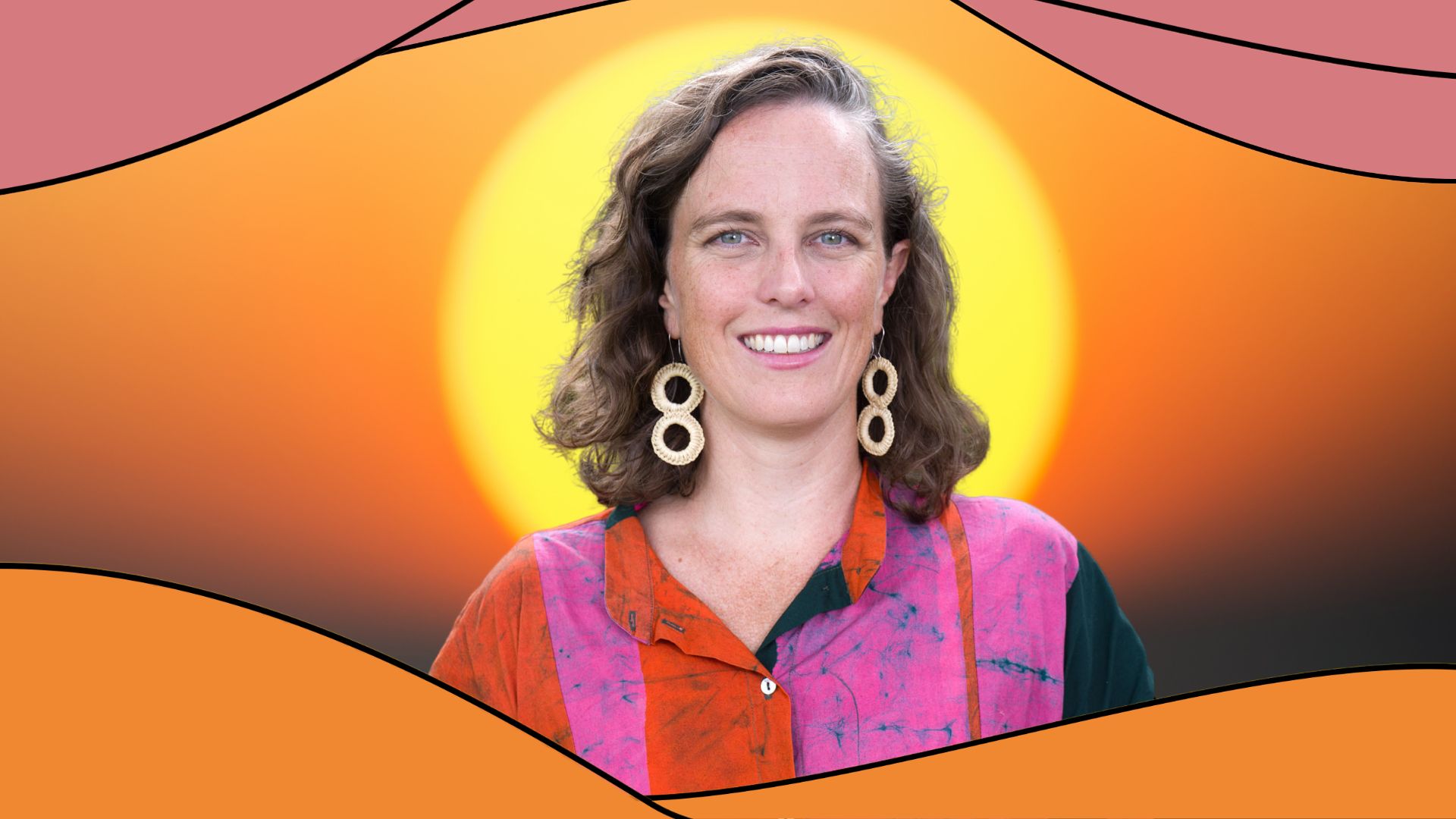If you work for a local government, property developer, social enterprise, Community Housing Provider or are in other community engagement roles, you will agree that community engagement is HARD. It is hard to reach people, to stimulate their interest, to get sign-ups and for people to actually turn up! Never mind follow-up surveys.
Supporting people just enough so that they take the lead. That’s the secret sauce.
Here are the 5 steps Small Shift (a social enterprise that trains and inspires local residents to tend to small public spaces) takes to support and foster positive connections among individuals, groups, organisations, neighbourhoods, and communities.
1 | Free to Choose
Intrinsic motivation such as a sense of achievement, purpose and belonging dictates what communities want to do and how the individuals want to contribute. Support and encourage the community to step into power and decide how, when, where they want to do what.
2 | Achievable Task
Challenge is great but if the task is too difficult for the individual to complete, it can negatively impact their confidence. Guide the community so that they have the right support and resources to complete the task and ensure that it meets their expectations.
3 | Collaborators
A tight group of people who are responsive and supportive help the project move forward when problems arise and sustain the momentum. A bit of moderation in the beginning might be needed to set the tone so that is inclusive and respectful. Moving forward, a digital platform might be useful – see below about Paper Plain.
4 | See/Feel the Positive Impact
People want to see how their effort was translated into making a difference in theirs and others’ lives. Set the date of celebration when all participants can come along and share a sense of achievement. Capture the impact through interviews, films and photos and distribute.
5 | Be Acknowledged
People don’t generally look for monetary rewards, but get a sense of achievement from others acknowledging their effort. Promote the project widely and let the participants know that their community appreciates their contribution – feeling good about the result builds momentum.
Small Shift requires the constant engagement of people – asking for their time, insights, support and leadership. One method I have found to work well every time is balancing face-to-face and online engagement.
Workshops are great for some face-to-face group discussions and to structure the project framework, but it is time and resource consuming and hard to coordinate to suit everyone’s availability. Online discussions can help people make quick small decisions. These aren’t formal submissions of ideas, just comments and polls that validate and obtain small consensuses along the way. We use email or social media for these ongoing interactions to help community members define the project tasks and their roles, inspire each other and plan ahead.
There are limitations to the currently available digital platforms for serving this purpose. And that’s why we have been developing Paper Plain. We believe a tool that helps neighbours to self-organise and build on small, regular, positive interactions can eradicate a loneliness epidemic, create a pathway to food security and foster community safety among other SDGs. These are big goals and I would love to connect with people who want to achieve them with us at the Active Citizenship & Community-Led Action conference.
Don’t miss your opportunity to submit an abstract for the 2019 National Conference “Active Citizenship & Community-Led Action – Approaches that Build Local Capacity to Create Positive Change” presented by the City of Parramatta.
The focus of presentations and workshops should be on effective strategies and programs that build the capacity of individuals and groups to be active in their communities, local through to global, and achieve positive, community-led change. Submissions close 10 May.
For more details and abstract templates, visit cityofparramatta.nsw.gov.au/active-citizenship.

Julia Suh is the founder and director of Small Shift; and the founder and CEO of Paper Plain. Julia is a leading voice in citizen-led urbanism, and specialises in applying human-centred design as a tool for social change and advocacy. Julia’s purpose is to support people to build a sense of belonging to their local places and community; and create a new kind of city-making narrative — one that includes people on the margin.



